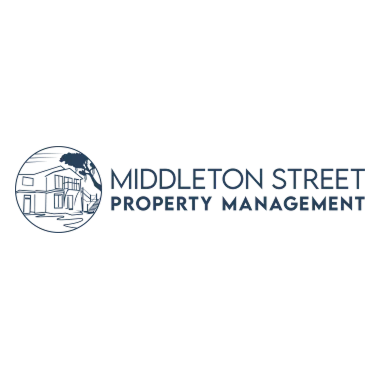 Renting your Beaufort rental property can be a great source of additional income, but it also has a significant risk associated with it.Β Landlords may face issues such as delayed rent payments, misuse of the property for purposes that violate the terms of the lease, or reprehensible behavior.Β
In the state of South Carolina, the landlord reserves every right to evict the tenant from their rental property if they have a valid reason. However, the landlord is supposed to follow all the requirements under the South Carolina law, or there is a risk of the eviction being considered invalid.
To avoid this, every landlord should familiarize themselves with the South Carolina eviction process. The landlord can evict the tenant for non-payment of rent, breaking the rental agreement or violating its clauses, ending the written contract, and failing to renew the agreement.Β
Renting your Beaufort rental property can be a great source of additional income, but it also has a significant risk associated with it.Β Landlords may face issues such as delayed rent payments, misuse of the property for purposes that violate the terms of the lease, or reprehensible behavior.Β
In the state of South Carolina, the landlord reserves every right to evict the tenant from their rental property if they have a valid reason. However, the landlord is supposed to follow all the requirements under the South Carolina law, or there is a risk of the eviction being considered invalid.
To avoid this, every landlord should familiarize themselves with the South Carolina eviction process. The landlord can evict the tenant for non-payment of rent, breaking the rental agreement or violating its clauses, ending the written contract, and failing to renew the agreement.Β
How are Tenant Evictions Handled in South Carolina?
Before the landlord starts the eviction process, they must send the tenant a legal notice. The notice periods vary depending on the nature of the violation.Β-
-
Notice For Non-Payment Of Rent
-
-
-
Notice for Lease Violation
-
-
-
Removal of the Tenant
-
Starting the Eviction Process
To start the eviction process, you have to file an affidavit in court, along with the details of the tenant violation. This is called the ejectment action. Once that is filed successfully, the court will issue an order for the cause to be showcased.Β The tenant will also receive copies of the documents regarding the case, including the court order and affidavit, and must also appear during the hearing if they want to fight the eviction. The judge will factor in both sides and give a definitive decision after listening to both parties. ΒWhat To Do Before You File?
 In most cases, serving a notice of eviction is enough for the tenant to vacate the rental property. However, if a peaceful resolution is not an option, you can always file for an eviction lawsuit in court. Providing the tenant with all the necessary notices is the first step before filing for an eviction lawsuit against the tenant.Β
Landlords must follow all the rules and procedures for the eviction of a tenant carefully, as required by the South Carolina law. Failure to adhere to them can cause the eviction to be invalid. To ensure you follow the proper eviction process, as well as for all your other property management needs, contact us at Middleton Street Property Management.
In most cases, serving a notice of eviction is enough for the tenant to vacate the rental property. However, if a peaceful resolution is not an option, you can always file for an eviction lawsuit in court. Providing the tenant with all the necessary notices is the first step before filing for an eviction lawsuit against the tenant.Β
Landlords must follow all the rules and procedures for the eviction of a tenant carefully, as required by the South Carolina law. Failure to adhere to them can cause the eviction to be invalid. To ensure you follow the proper eviction process, as well as for all your other property management needs, contact us at Middleton Street Property Management.

